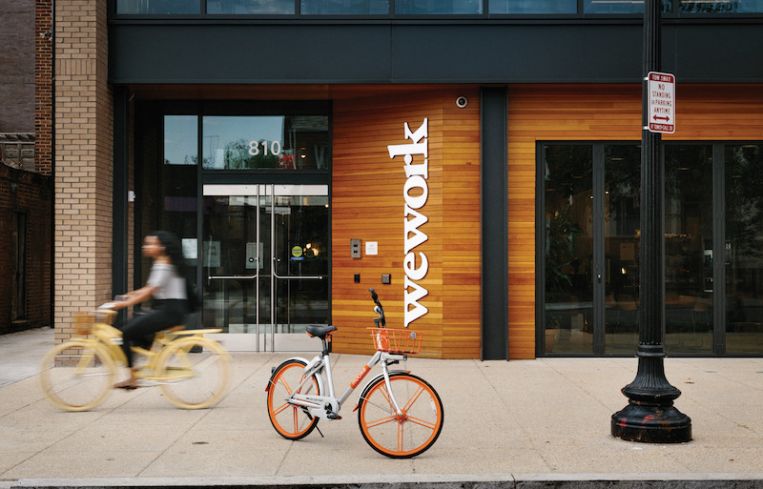IWG CEO: WeWork Needs ‘Miracle’ to Become Profitable, Warns of Profit Drop
By Nicholas Rizzi June 7, 2021 2:20 pm
reprints
Flexible workspace provider IWG’s CEO, Mark Dixon, said competitor WeWork needs a “miracle” to hit its recovery target and become profitable, while IWG itself warned investors of huge profit drops this year.
During a conference call on Monday morning, Dixon responded to a question about the company’s less-than-positive outlook on IWG’s pace of recovery from the coronavirus pandemic, saying he didn’t want to set a huge expectation that “would be difficult to achieve” like WeWork.
“I mean [WeWork] is talking positive, but the actual numbers all went completely negative,” Dixon said during the call. “They are so far underwater … it’s going to take a miracle for them to achieve theirs.
“If they’re able to achieve it, we, as a company, would be very happy, because it will mean we will achieve it as well,” Dixon added.
Despite cutting its huge cash burn by closing underperforming locations and renegotiating leases, WeWork still lost $2.06 billion in the first quarter of this year, mainly due to one-time costs that included former CEO Adam Neumann’s golden parachute, Bloomberg reported.
WeWork was still able to close a deal to go public at a $9 billion valuation through a blank-check company, while CEO Sandeep Mathrani said in January that the coworking giant was “completely on track” to become profitable by the end of the year, Reuters reported.
A spokesperson for WeWork declined to comment.
Dixon’s comments came as IWG, which owns Regus and female-focused coworking brand The Wing, faced huge losses in the first quarter and warned of even more.
The U.K.-listed IWG reported a more than $879 million annual loss in 2020, a huge drop from the $167 million in profit it posted in 2019, The Guardian reported.
On Monday, IWG told investors it expects profits this year to be “well below” 2020, as countries around the world enact more lockdowns due to new strains of COVID-19.
Dixon said IWG’s recovery will be “slower than expected,” but added that its occupancy rate has crept up slightly every month between April and June while it’s seen an increased demand from new customers.
Update: This story has been updated to correct IWG’s $879 million loss was for 2020, not the first quarter of 2021.



